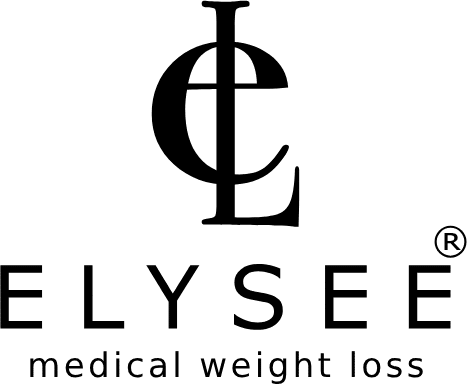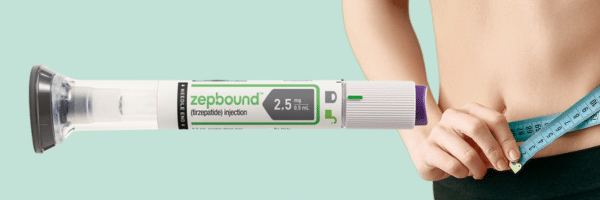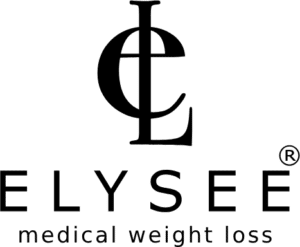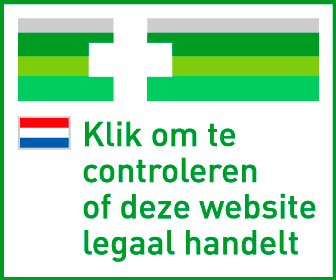Zepound, a pharmaceutical creation by Eli Lilly, has emerged as a sought-after remedy for weight loss, rivaling established options like Wegovy and Ozempic. However, the United States is grappling with a scarcity of certain Zepbound doses due to escalating demand, as highlighted in a recent advisory from the Food and Drug Administration.
Of the six different doses of injectable Zepbound pens approved by the FDA and sold to U.S. consumers, two of those doses—the 5 mg and 12.5 mg—will have limited availability until the end of April because of an increase in demand, according to the FDA. The other four doses—2.5 mg, 7.5mg, 10mg and 15 mg—do not currently have any availability issues, according to the FDA.
What is Zepbound?
Zepbound is an injection used to help overweight people lose weight by reducing appetite and food intake. The drug helps people who are obese or overweight and facing weight-related medical issues such as type 2 diabetes or high blood pressure.
Last year, Zepbound received FDA approval and became the latest weight loss drug to be available in U.S. pharmacies alongside Ozempic and Wegovy. While those drugs were created to deal with diabetes, they’ve become increasingly prescribed to treat obesity. While Wegovy and Zepbound have been approved as a weight loss treatment, Ozempic has not. Before Zepbound was FDA approved, the active ingredient in the medication, tirzepatide, was approved by the FDA and marketed by Eli Lilly as Mounjaro, a weekly diabetes drug injection used to help control blood sugar.
In February, a study published by the American Heart Association’s journal Hypertension found that overweight patients taking tirzepatide saw significant reductions in their blood pressure, indicating patients taking Zepbound could see more than one positive side effect.



